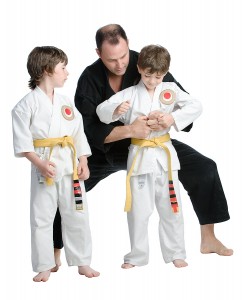I couldn’t attend our August Push Hands session due to work but I hope to be there this Sunday.
Details
- Sunday – September 29
- 10.00 am – 12 noon
- Fawkner Park – South Yarra (Armadale Road entrance), Melbourne, Australia
- Friendly, non-competitive push hands (tui shou) practice and play for anyone – old, young, beginners, masters
- Team up with someone and discuss what you’d like to do – and what you’d not like to do!
- Ten minute exchanges timed by a bell – but you can rest as well!
- Learn, share and enjoy
I always enjoy our monthly Push Hands in the park sessions. Come along and join in the fun.

